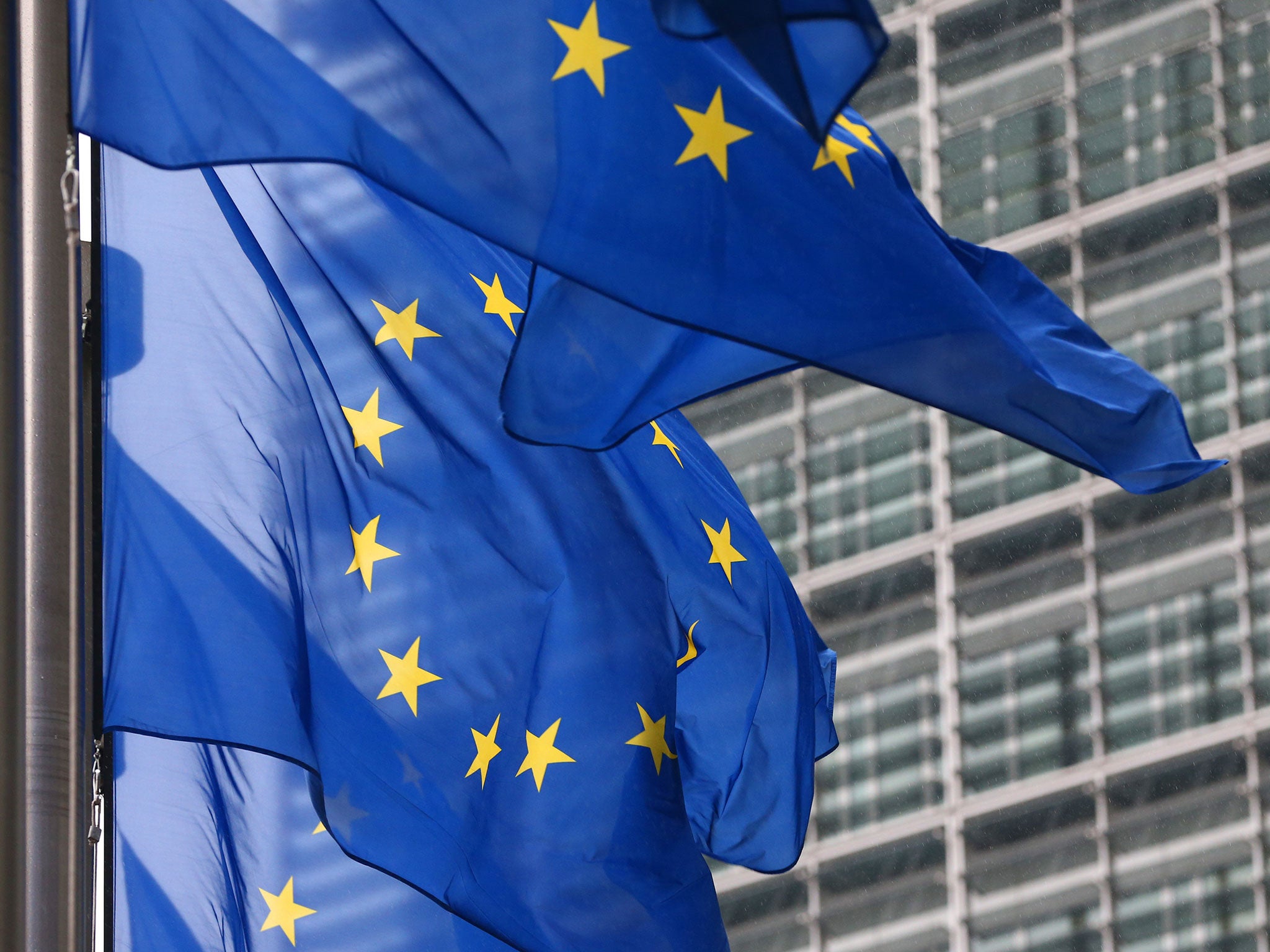Queen’s Speech: Brexit dominates Theresa May’s legislative agenda with eight bills planned
Crunch votes loom on crucial aspects of EU withdrawal, including immigration and future trading arrangements

The Queen’s Speech is dominated by Brexit – with no fewer than eight bills planned to prepare for the enormous complications and disruptions of departure day in 2019.
Theresa May will hope to make clear her determination to deliver Britain’s EU exit on time, but faces crunch votes on crucial aspects of withdrawal, including immigration and future trading arrangements. The eight bills are:
* Repeal Bill
The big one – to convert all existing European Union law onto the United Kingdom’s statute book, before unwanted parts are junked or amended.
Its enormous scale has raised widespread fears of a power grab, with ministers using ancient “Henry VIII powers” to make post-Brexit laws behind Parliament’s back.
Opposition parties and a House of Lords committee have demanded safeguards to prevent the use of these delegated powers to do anything other than translate EU law into UK law.
They are dubbed “Henry VIII powers” because they date back to a 1539 law allowing the Tudor monarch to govern by proclamation.
The Government wanted to call it the “Great Repeal Bill”, but Brexit Secretary David Davis was told that was not allowed. Greatness, it seems, is for others to judge.
* Customs Bill
Also enormously controversial, this legislation would create a “standalone customs regime on exit”, if and when Britain leaves the EU customs union.
Brexiteers see leaving as non-negotiable, because it would then allow Britain to strike new, bilateral free trade deals with other countries.
However, some Tory MPs want to stay in the customs union – at least for a transitional period – making this bill a key flashpoint.
* Trade Bill
In partnership with the Customs Bill, this would set up the legislative framework through which British companies can trade around the world, replacing EU laws that currently control that process.
* Immigration Bill
It would give the Government “the flexibility to create a fair and sustainable immigration system”, bringing in controls over people coming to the UK from the EU after freedom of movement ends.
Ms May dumped the Leave campaign’s plans for an “Australian-style points system”, but has failed to say what controls will be brought in – while sticking to her pledge to reduce net migration to “tens of thousands”. A consultation will be held later this year.
The bill would “allow the Government to control the number of people coming here from Europe, while still allowing us to attract the brightest and the best”.
* Fisheries Bill
Once the UK has left the EU it will no longer be subject to the EU’s Common Fisheries Policy. Through this bill, the Government would set its own fishing quotas, and “deliver on manifesto commitments for coastal communities”.
* Agriculture Bill
As with fisheries, leaving the EU will mean the UK has left the common agricultural policy. This bill aims to allow British farmers to “grow more, sell more and export more great British food”.
However, there are significant fears that exporting this British food to the EU will come with large tariffs, if no exit agreement is signed.
* Nuclear Safeguards Bill
The UK’s departure from the EU also means it leaves the European nuclear agency Euratom, which sets out requirements and for the nuclear power industry across the continent and also obligations in terms of non-proliferation of nuclear matter.
This bill would create a new British safeguards regime, that will take on responsibility for overseeing nuclear issues on the day of Brexit.
* International Sanctions Bill
As part of the EU trading bloc, the UK has chosen to levy economic sanctions with the rest of the Europe against countries like Russia, Syria and Iran.
But, in leaving the union, this new piece of legislation would introduce a framework for the UK to create its own sanctions against countries it sees as deserving of censure.
The country will still be able to joint international sanctions through UN, where it will retain its seat on the organisation’s Security Council.
Join our commenting forum
Join thought-provoking conversations, follow other Independent readers and see their replies
Comments
Bookmark popover
Removed from bookmarks